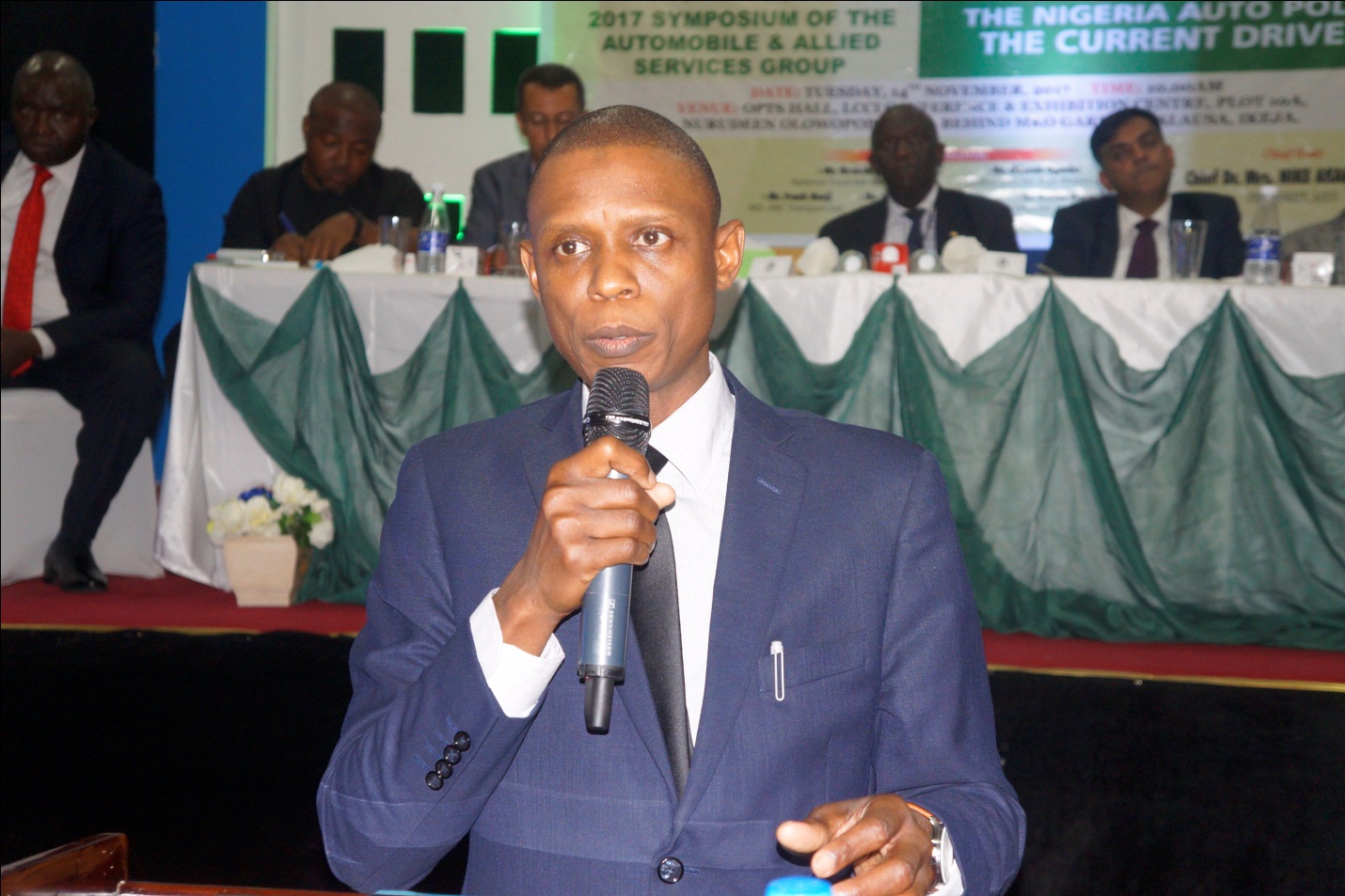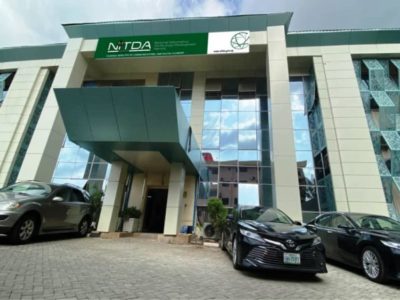By Oluwatobi Opusunju
The Director-General of the National Automotive Design and Development Council of Nigeria, Jelani Aliyu, has reiterated his commitment to growing the country’s automotive industry. He made this known in Lagos at the 2017 Symposium of the Automobile & Allied Services Group organized by the Lagos Chamber of Commerce and Industry (LCCI).
Jelani whose agenda is to ensure Nigeria becomes self-sufficient in designing and manufacturing of vehicles that fit our climate through the NADDC, is globally famous as the Nigerian inventor of General Motors’ (GM) Chevrolet Volt (Chevy Volt) before his appointment to lead the NADDC earlier in May this year by President Muhammadu Buhari.
Jelani who will be leading a session on ‘Convergence and the Future of the Automotive Industry later this month at the West Africa Convergence Conference (WACC) in Lagos noted that with the advent of driverless, solar or electric powered cars, Nigeria can’t be left behind. He said attendees at the LCCI’s Symposium that the NADDC has started to look at electrified vehicle policy as a way of supporting and creating an enabling environment for the development of electric vehicles in the country.
“NADDC is beginning to look at electrified vehicle policy to see how we can support the development of electric vehicles, to boost the manufacture of electric vehicles in Nigeria and also come up with incentives that will help both the manufacturer and buyer of electric vehicles because we can’t be left behind,” said Aliyu.
“Although, we are experiencing epileptic power supply in the country and most people can’t even power their homes, but it shouldn’t stop us from finding or developing that solution of getting enough electricity for our homes and vehicles since we have solar energy,” added Aliyu. Challenges must be seen as opportunities to explore new frontiers for thinking and technologies, the NADDC’s boss said.
“So as we move forward in the electrification of vehicles, it has to be a holistic approach not just to provide those electric cars out there, but how do we power those cars. So what forms of power generation can we now develop or adopt in Nigeria to power these vehicles and enhance the rest of our lives.”
Aliyu said he remained committed to setting up a dedicated Automotive Design and Innovation Institute where young Nigerians could set the pace for Nigeria’s involvement in the design and development of the automotive industry. For him, the time to look beyond mere consumption and become global stakeholders in the core manufacturing side of the industry is now.































